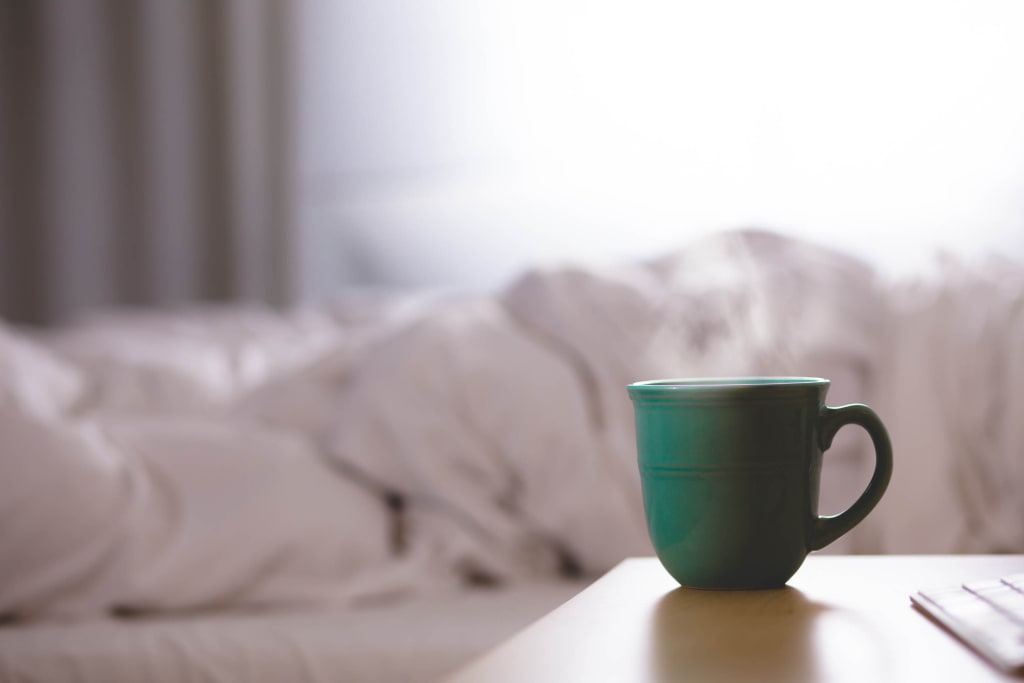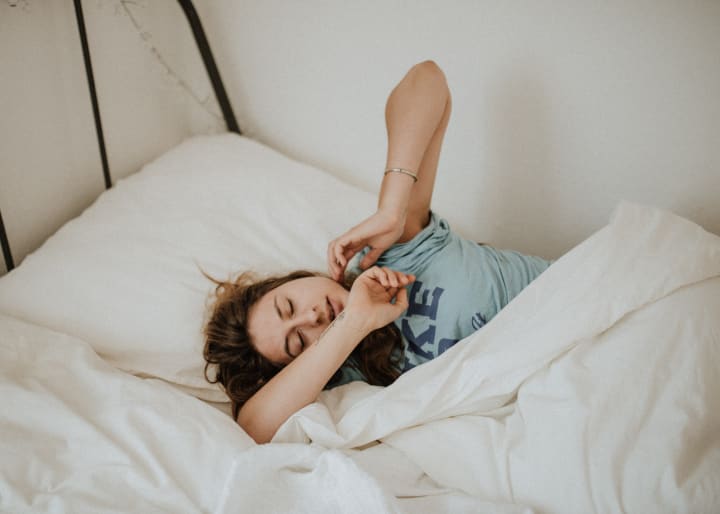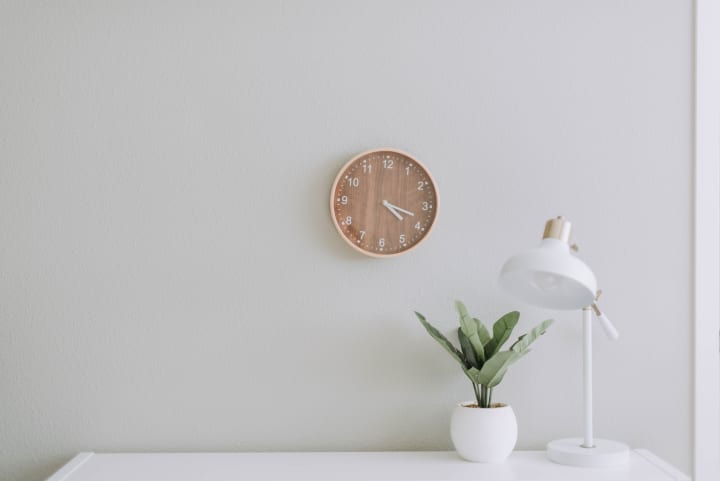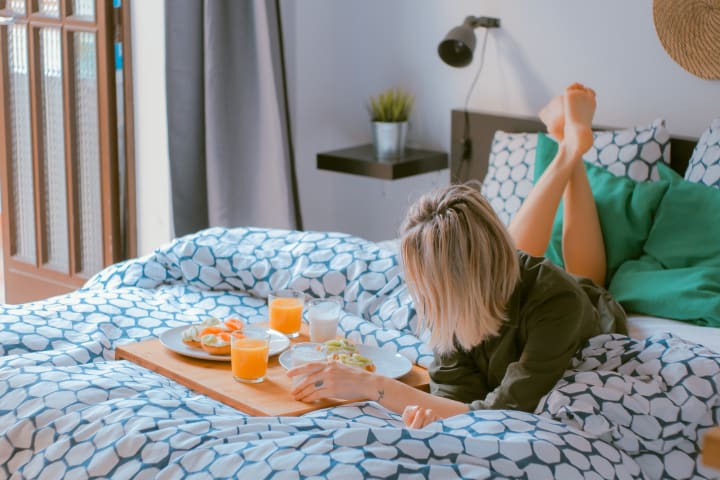How much sleep do you really need?
Let's Ask Science

We are often instructed on the importance of sleep. We are told it is important for our overall health, for our feeling of wellbeing, for our productivity and our longevity. It impacts most of the processes going on in our body: from the immune system (1) to heart health (2).
Yet, our culture sometimes demands of us to sleep less. To work more. To do more, and think about ourselves later.
These mixed messages on the importance of sleep leave us tired and confused. So let’s explore how much sleep we really do need, and if we can reconcile getting enough rest with getting everything done.
Sleepy factors

The number most often thrown around in terms of “how much do we need to sleep” is eight hours.
However, this is only a very general and rather average recommendation. Sleep needs will depend on factors like age, lifestyle, and general health and fitness levels.
In order to correctly determine how much sleep you need, all of the above needs to be considered, as well as all the factors that actually influence the quality and quantity of your sleep: your schedule, your responsibilities, and your stress levels.
Questions to consider
Research has recently been conducted in an aim to revisit the notions we have about the amount of sleep we need, factoring in the changing modern lifestyle, as well as the impact technology and other advancements have had on the way we sleep.
And while it is very difficult to determine exactly how much sleep an individual needs, there are minimal and maximal ranges provided that will help you gauge where your own sleep needs may lie.
Before we get into that, however, there are several questions you need to consider for yourself, that will help you determine your own sleep needs:
- How happy, healthy, and productive do you feel when you get 7 hours of sleep? Is that enough for you, or do you operate much better when sleeping 9 hours?
- What kinds of health challenges are you facing (both physically and mentally)? Are you at increased risk for a certain disease?
- Are you sleeping well?
- Do you need your caffeine fix to make it through the day?
- How is your mood?
Make sure you carefully consider all of these questions. And remember that there is no shame attached to needing more or less sleep. Your goal should be to find the right rhythm and sleep cycle that fits your body’s needs. There is no point in waking up at 5 AM if you feel miserable for the rest of the day.
If your body tells you it works best on 8.30 hours of sleep, and that you work best when you wake up between 8 and 9 AM – if that’s something that fits into your schedule – make sure you rework your day around these needs.
How much do you need to sleep?

To help you get started, here are the Sleep Foundation’s recommendations:
- Teenagers could sleep between 8 and 10 hours
- Young adults (18-25) could sleep between 7 and 9 hours
- Adults could also sleep between 7 and 9 hours
- Older adults could sleep between 7 and 8 hours
In most cases, you should be able to fit into this 7 to 9 hours slot. However, if your health or lifestyle demands more sleep (for example, if you engage in strenuous physical activity), don’t let these guidelines deter you from sleeping more.
Quality over quantity: how to sleep better
How much you sleep is certainly very important, but how well you sleep can be even more important. Spending 9 hours in bed, tossing and turning, and waking up every couple of hours is not going to feel as refreshing as 7 hours of uninterrupted sleep.
Here are some tips to help you sleep better:
- Make sure you sleep on a quality mattress that fits your needs.
- Stick to the same sleep schedule, even on weekends. If you sleep longer on Saturday and Sunday, your rhythm will be thrown out, and you won’t be able to get back to your usual schedule on Monday.
- Establish a relaxing evening routine. Do the same things every night in the same order. Make sure you stay away from any screens for an hour before bed, and read, meditate, or journal instead. This will help your body fall asleep faster.
- Exercise every day to help your body get to sleep faster and better (3).
- Make sure your bedroom is well-aired, and that there is adequate light and sound. Some people prefer a source of light, while others sleep in complete darkness. The same goes for sounds – some prefer white noise, while others are more comfortable with silence.
Final thoughts

Take some time to figure out how you sleep best: test out different sleep schedules and monitor your mood and wellbeing during the day. Once you find what works best, prioritize establishing a schedule that makes you feel your best day in and day out.






Comments
There are no comments for this story
Be the first to respond and start the conversation.